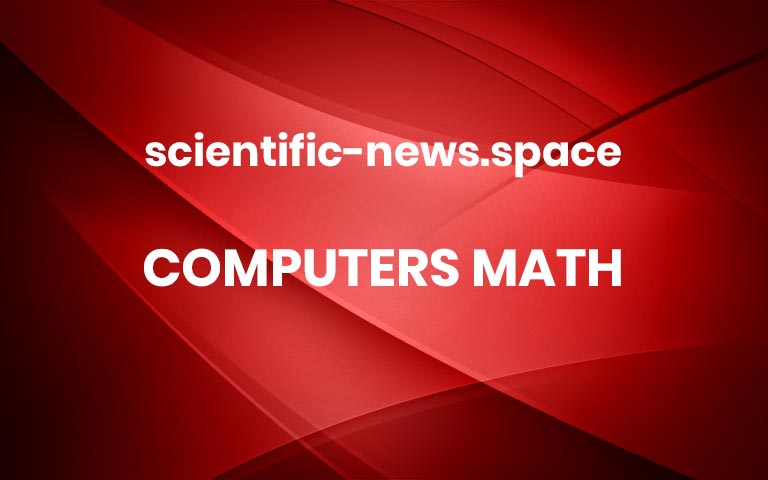Consumers don't fully trust smart home technologies
Smart home technologies are marketed to enhance your home and make life easier. However, UK consumers are not convinced that they can trust the privacy and security of these technologies, a study by WMG, University of Warwick has shown.Smart Home technology
The ‘smart home’ can be defined as the integration of Internet-enabled, digital devices with sensors and machine learning in the home. The aim of smart home devices is to provide enhanced entertainment services, easier management of the home, domestic chores and protection from domestic risks. They can be found in devices such as smart speakers and hubs, lighting, sensors, door locks and cameras, central heating thermostats and domestic appliances.
To better understand consumers perceptions of the desirability of the smart home, researchers from WMG and Computer Science, University of Warwick have carried out a nationally representative survey of UK consumers designed to measure adoption and acceptability, focusing on awareness, ownership, experience, trust, satisfaction and intention to use.
The article ‘Trust in the smart home: Findings from a nationally representative survey in the UK’ published in the top journal PLOS ONE reveals their results, with the main finding that the businesses proposal of added meaning and value when adopting the smart home have not yet achieved closure from consumers, as they have highlighted concern for risks to privacy and security.
Researchers sent 2101 participants a survey, with questions to assess:
– Awareness of the Internet of Things (IoT)
– Current ownership of smart home devices
– Experiences of their use of smart home devices
advertisement
– Trust in the reliability and competence of the devices
– Trust in privacy
– Trust in security
– Satisfaction and intention to use the devices in the future, and intention to recommend it to others
The findings suggest consumers had anxiety about the likelihood of a security incident, as overall people tend to mildlySmart home tehnology agree that they are likely to risk privacy as well as security breach when using smart home devices, in other words they are unconvinced that their privacy and security will not be at risk when they use smart home devices.
advertisement
It also emerged that when asked to evaluate the impact of a privacy breach people tend to disagree that its impact will be low, suggesting they expect the impact of a privacy breach to be significant. This emerges as a prominent factor influencing whether or not they would adopt smart home technology, furthermore making it less likely.
Other interesting results highlight:
– More females than males have adopted smart home devices over the last year, possibly as they tend to run the house and find the technology helpful
– Young people ages 18-24) were the earliest adopters of smart home technology, however older people (ages 65+) also adopted it early, possibly as they have more disposable income and less responsibilities — e.g. no mortgage, no dependent children
– People aged 65 and over are less willing to use smart home devices in case of unauthorised data collection compared to younger people, indicating younger people are less aware of privacy breaches
– Less well-educated people are the least interested in using smart home devices in the future, and that these might constitute market segments that will be lost to smart home adoption, unless their concerns are specifically addressed and targeted by policymakers and businesses.
Dr Sara Cannizzaro, from WMG, University of Warwick comments:Dr Sara Cannizzaro, WMG, University of Warwick: “Our study underlines how businesses and policymakers will need to work together to act on the sociotechnical affordances of smart home technology in order to increase consumers’ trust. This intervention is necessary if barriers to adoption and acceptability of the smart home are to be addressed now and in the future.
“Proof of cybersecurity and low risk to privacy breaches will be key in smart home technology companies persuading a number of consumers to invest in their technology.”
Professor Rob Procter, from the Department of Computer Science, University of Warwick, adds:Professor Rob Procter, Department of Computer Science at the University of Warwick: “Businesses are still actively promoting positive visions of what the smart home means for consumers (e.g., convenience, economy, home security)… However, at the same time, as we see from our survey results, consumers are actively comparing their interactional experiences against these visions and are coming up with different interpretations and meanings from those that business is trying to promote.” More


